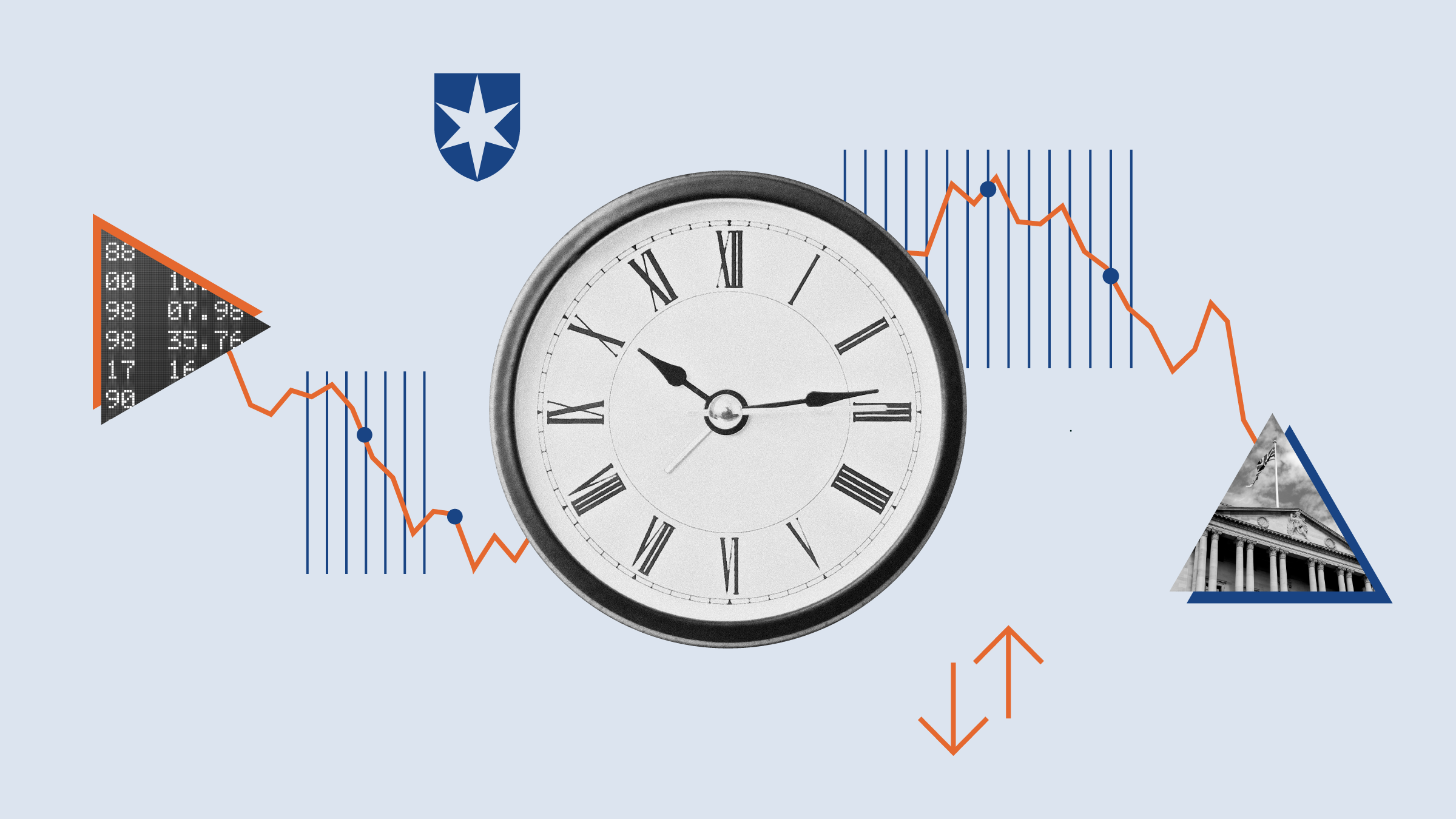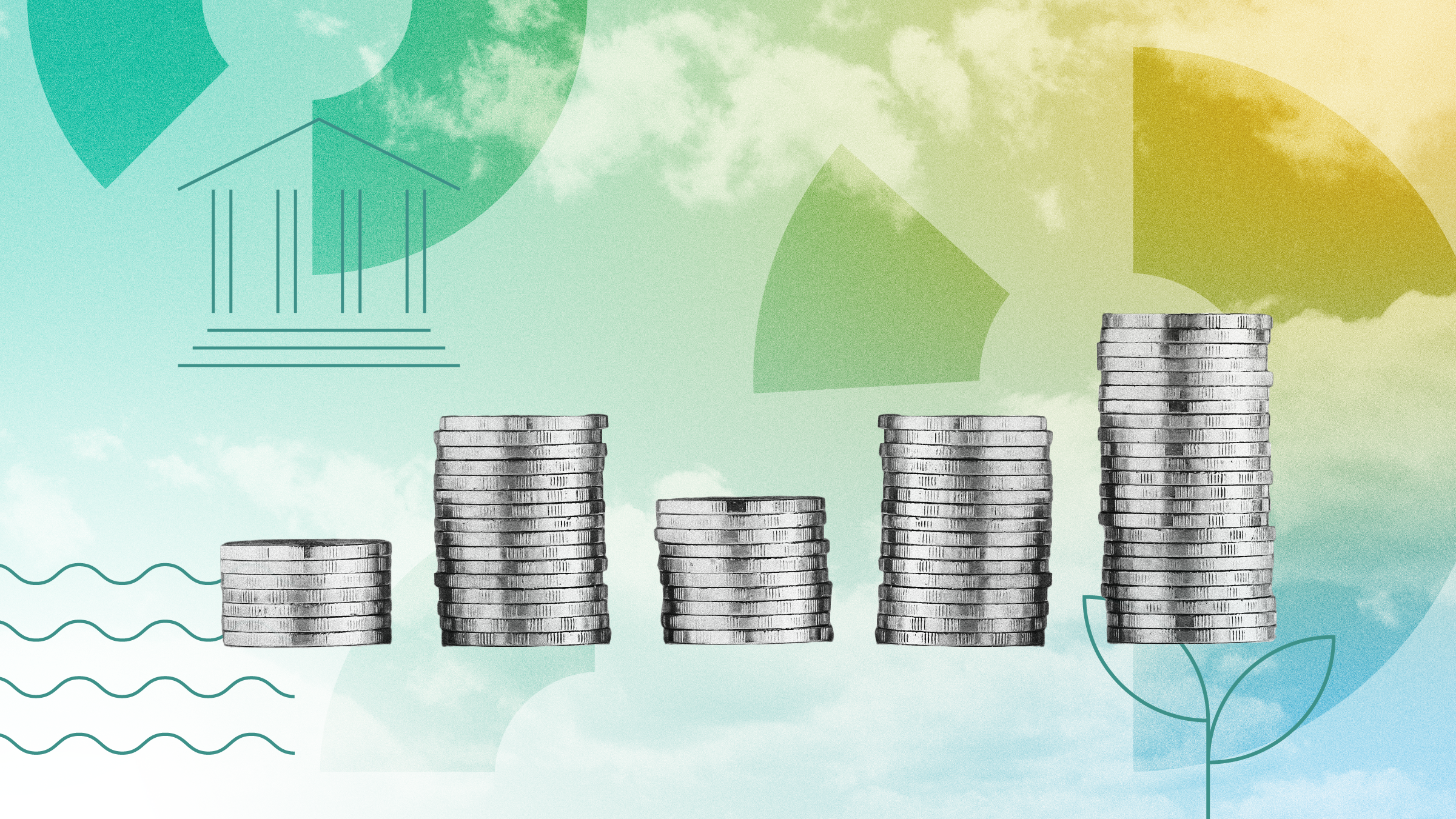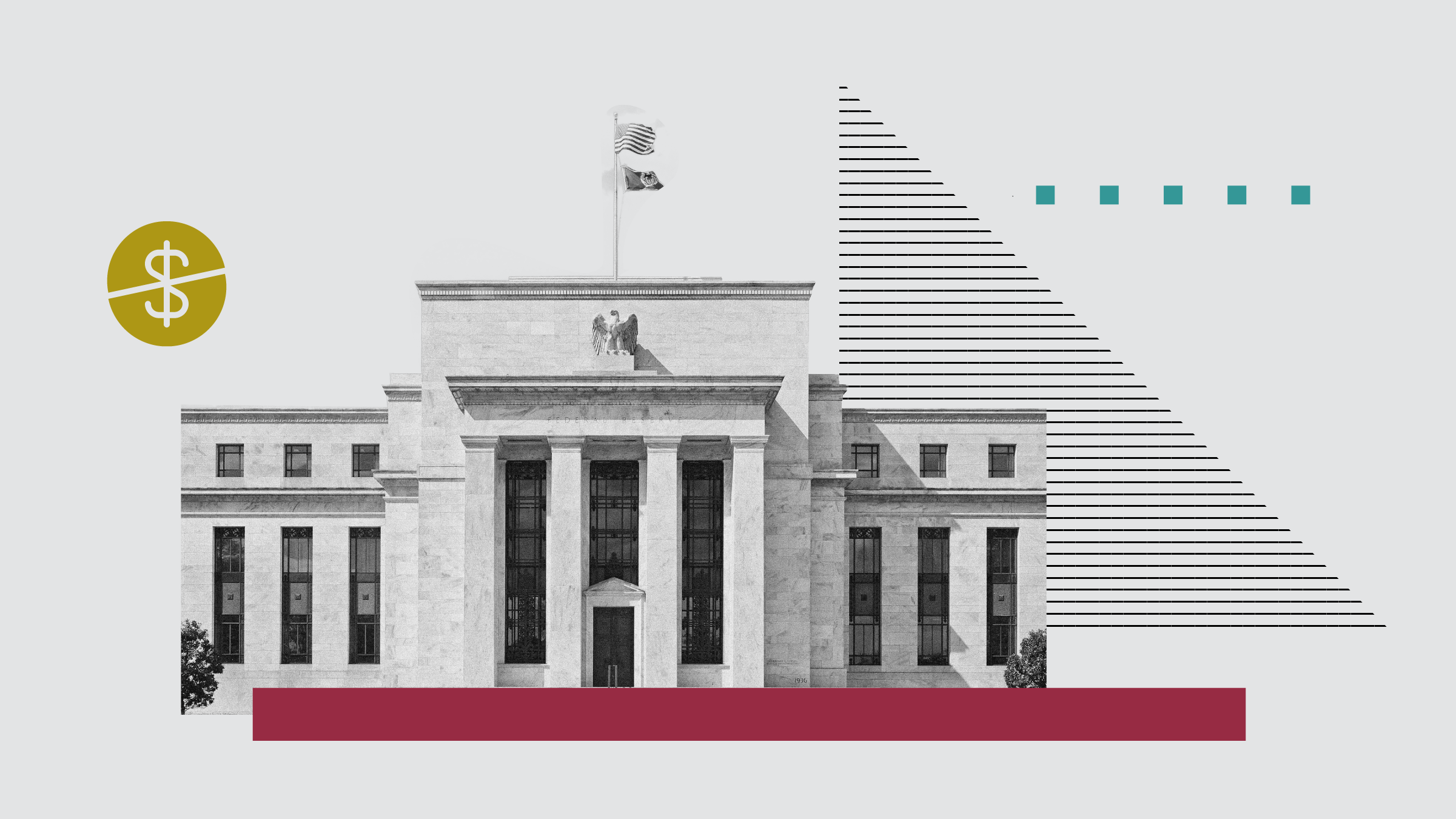We few, we happy few, have lived to see the day when British Airways, as we still fondly like to think of it, can pay a dividend once more. BA merged with Spanish airline Iberia to form International Consolidated Airlines (IAG) four years ago and has not paid a dividend since. Indeed, it is seven years since either BA or Iberia separately managed that feat.

Eight years on from the first waves of the financial crisis, the storm has not abated

The day after chief executive Willie Walsh announced the momentous news of an interim payment, we found out why. IAG produced better quarterly figures, better in the sense of better than any the group has previously managed and better than analysts’ expectations.
To underline that he is serious, Walsh made a passing revenue to paying a final dividend, too. Did he fear that we would suspect that the interim was a Halloween trick? Of course there will be more dividends. Walsh would not make a pay-out then suffer the immediate ignominy of having to scrap it.
IAG is sensibly aiming to pay only 25% of profits as dividends rather than the 50% shareholders normally hope for. Better to start low and leave scope to edge higher.
The reward for two days of good news was a fall in the IAG share price. There’s no justice. I am not keen on airline stocks but if you take a different view from me this could be the time to buy IAG.
Fiscal Fun from the Fed
Who would have thought that reading the minutes of the Federal Reserve Board monthly meeting could be such fun? You can hardly wait for the next instalment. It’s like apple bobbing in a tub, you never know what chair Janet Yellen will come up with.
Out goes a reference to the constraints of the global economy that so excited commentators only a month ago and in comes a reference to the next meeting, which is even more jolly as it could hint at a rate rise in December. Yes, I know there is November in between but economists like a good fudge.
Calm down, dears. It’s only an interest rate. US growth remains volatile. So far this year there has been one dire quarter, one great and one middling. Not a clear sign that the economy can stand an immediate rate rise. Nine out of ten Fed members once again voted for the status quo.
I’ll stick my neck out and say November and December’s vote will go the same way, though probably by a diminishing majority. The Fed, like the Bank of England, will wait until next year.
British Banking Fines: A True Horror Story
Another three months have passed yet still the banks are setting more millions aside in compensation and legal fees to cover past misdemeanours. Eight years on from the first waves of the financial crisis, the storm has not abated. Lloyds (LLOY) is seeking an early cut-off for PPI claims. Better to not swindle the customers in the first place.
Lloyds’ figures were a bit mixed, with pre-tax profit higher but with underlying weaker trends. They were at least good enough to allow the government to get another 1% away, leaving it holding less than 10% of the shares. I am this week only a little less happy than I was, sitting on a stack of Lloyds shares.
Barclays (BARC) was somewhat worse, with underlying profits down 10%. There is much work for new chief executive Jes Staley to do when he arrives on December 1. He comes from a hedge fund, which is not a recommendation in my view, and he has secured an indecent salary, so he had better earn it. I wouldn’t buy into Barclays at this stage.
Bottom of the heap is Royal Bank of Scotland (RBS). Among a mass of hardly decipherable figures distorted by the sale of Citizen’s Bank is a slump in operating profits. Good luck to the government in getting the taxpayers’ stake away. Now that’s what I call really spooky.
Rodney Hobson is a long-term investor commenting on his own portfolio; his comments are for informational purposes only and should not be construed as investment advice.































